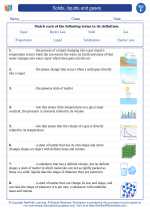Key Concepts to Understand Autophagy
- Process: Autophagy involves the degradation and recycling of cellular components to maintain cell health and functionality.
- Mechanism: The formation of autophagosomes and their fusion with lysosomes is a critical step in the autophagy process.
- Regulation: Autophagy is tightly regulated by various signaling pathways and cellular conditions, such as nutrient availability and stress responses.
- Functions: Autophagy plays a crucial role in cellular quality control, adaptation to stress, and the removal of damaged or unnecessary cellular components.
- Implications: Dysregulation of autophagy has been linked to various diseases, including neurodegenerative disorders, cancer, and metabolic conditions.
Study Guide for Autophagy
To understand autophagy thoroughly, consider focusing on the following aspects:
1. Molecular Mechanisms
Explore the molecular machinery involved in the formation of autophagosomes, the recognition of cargo for degradation, and the fusion with lysosomes. Understand the role of autophagy-related genes (ATG) and signaling pathways in regulating the process.
2. Regulation of Autophagy
Investigate the factors and signaling pathways that modulate autophagy, such as nutrient availability, energy status, growth factors, and stress responses. Consider the interplay between mTOR, AMPK, and other regulators of autophagy.
3. Functional Significance
Examine the physiological and pathological implications of autophagy. Understand how autophagy contributes to cellular homeostasis, adaptation to stress, and the pathogenesis of various diseases.
4. Research and Therapeutic Implications
Explore the current research trends in autophagy and its potential as a target for therapeutic interventions. Investigate the role of autophagy modulation in disease treatment and the development of autophagy-targeting drugs.
5. Experimental Techniques
Learn about experimental methods used to study autophagy, such as fluorescence microscopy, electron microscopy, and assays for autophagic flux. Understand how to monitor and manipulate autophagy in cellular and animal models.
.◂Science Worksheets and Study Guides Sixth Grade. Solids, liquids and gases
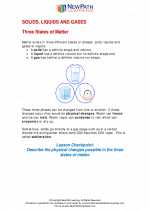
 Activity Lesson
Activity Lesson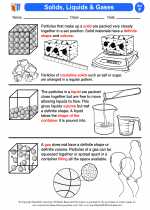
 Worksheet/Answer key
Worksheet/Answer key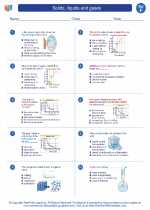
 Worksheet/Answer key
Worksheet/Answer key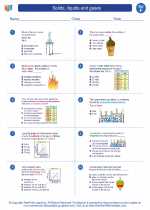
 Worksheet/Answer key
Worksheet/Answer key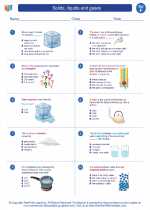
 Vocabulary/Answer key
Vocabulary/Answer key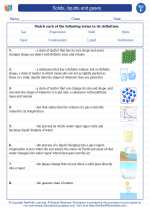
 Vocabulary/Answer key
Vocabulary/Answer key